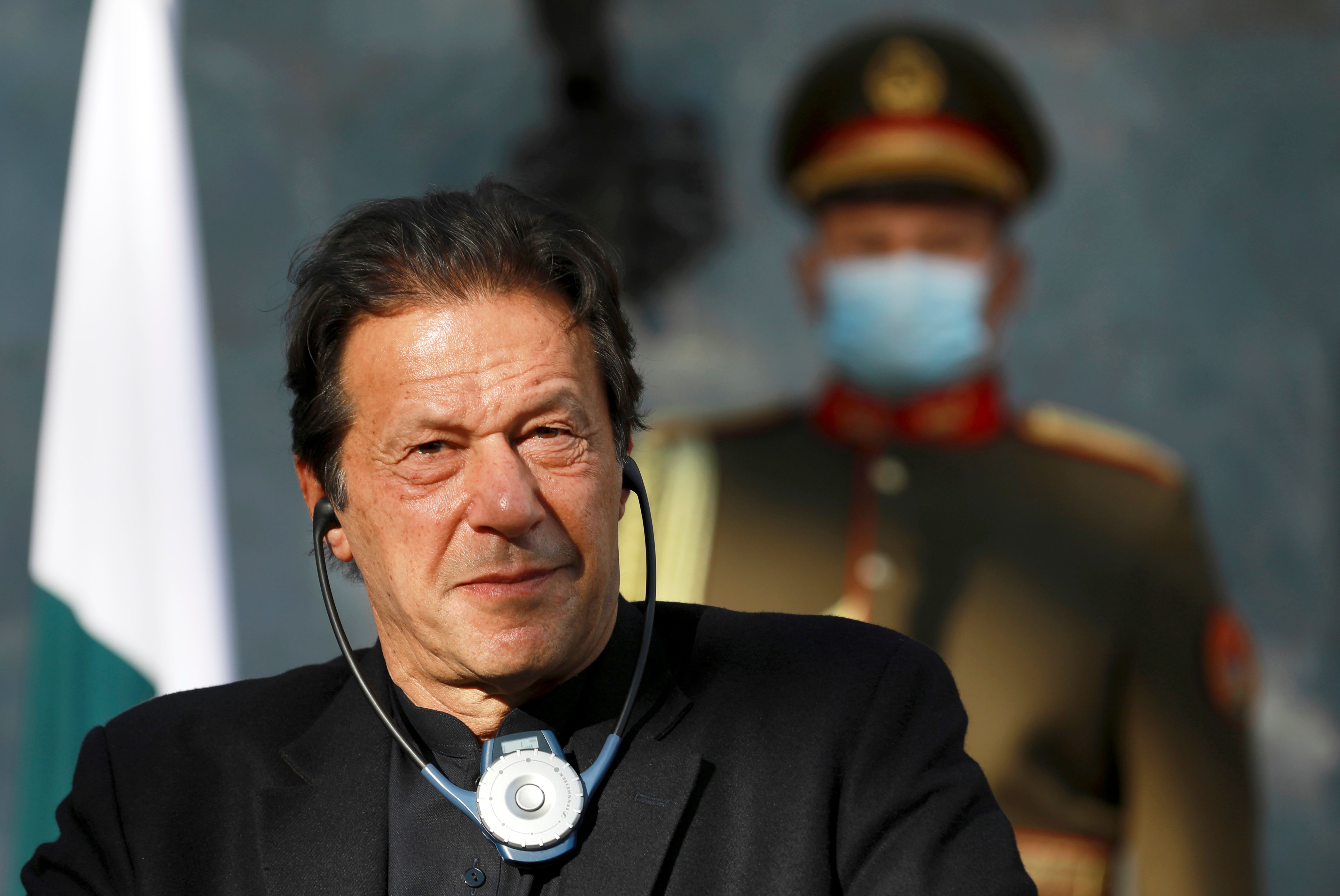
With Khan in the saddle, the likelihood of any daylight between the elected government and the military is lost. However ineffective in influencing the international behavior of the Pakistani military, mainstream civilian politicians who served multiple terms as prime ministers like Benazir Bhutto (assassinated during the dictatorship of General Pervez Musharraf in 2007) and Nawaz Sharif (currently jailed for ten years in a military-orchestrated corruption case) at least acted as minimal checks on the anti-Indian tendencies of the Army. Khan's ascent could represent a tipping point in India-Pakistan relations, and not for the better. His first speech after winning the election referred to human rights abuses being committed by the Indian army in Kashmir and how Kashmir, a favorite cause of Islamists, is the "core issue" for him.

In order to galvanize the votes of conservative Pakistanis in this career-turning election, Khan has defended the notorious blasphemy laws that victimize non-Muslim minorities and has also benefited from the fielding of numerous Islamist candidates who cut into the vote share of his rival, former Prime Minister Nawaz Sharif's Pakistan Muslim League (PML-N). He has expressed sympathy for the Afghan Taliban as well as the mujahedeen or holy warriors waging insurgencies in Indian-administered Kashmir. Khan has been derided by critics as 'Taliban Khan' for teaming up with radical jihadist, sectarian and religious conservative parties and candidates in the run-up to his election victory. Indians extrapolate from such theses that peace with undemocratic Pakistan is impossible as long as its state and economy are captive to shadowy military officers whose raison d'etre is to protect their country from India's alleged hegemonic designs. The Pakistani scholar Hasan Askari Rizvi has argued that Pakistan is a 'Praetorian state' where the military dominates all the core institutions and processes, "including the transfer of power from one set of the elite to another." India takes pride in being an established democracy where the military remains firmly under civilian control. But in India he is painted as a lackey of the military-dominated "deep state" which is the de facto arbiter of Pakistan's destiny.
#Imran khan pakistani free#
Khan has sold himself to voters as a transformative broom who will sweep Pakistan free of corruption and dynastic misrule.

The meddling of the Pakistani army and Inter-Services Intelligence (ISI) with democratically elected governments and public institutions makes Indians dismiss any possibility of genuine democratization in Pakistan. In contrast, Indian democracy has only faced one major crisis, the state of emergency declared by then Prime Minister Indira Gandhi from 1975 to 1977.

#Imran khan pakistani full#
No Pakistani prime minister has ever served out a full term. India holds a deep democratic superiority complex toward Pakistan, which has suffered numerous military coups and has struggled to establish the supremacy of elected civilians over the mighty army. From these lenses, Khan's victory is not a democratic triumph but a win for the forces which are most threatening to India.

Indians view Pakistan through two interrelated prisms- military dictatorship and terrorism. These fears relate to long-standing negative perceptions of Pakistan in India that derive from historical grudges. Within hours of his electoral win on July 26, India's military warned that it was "prepared for any contingency" and would not tolerate "any misadventure by Pakistan on the Line of Control (LoC)." India is wary that he will be a harbinger of more conflict and tension on the disputed and heavily militarized border. Khan's ascent to power has been closely watched in India with mounting anxiety and cynicism. The victory of Khan, an ardent nationalist who frequently attacked India in speeches during his campaign rallies, has serious security implications for India. They are also locked into a constant low-intensity conflict over the disputed region of Kashmir. India and Pakistan have fought three full wars and one quasi-war since they were partitioned at the end of British colonial rule in 1947. The success of Imran Khan's Tehreek-e-Insaf (PTI), or Justice Party, in Pakistan's controversial general election has riveted and concerned the world but has caused special jitters in neighboring India.


 0 kommentar(er)
0 kommentar(er)
